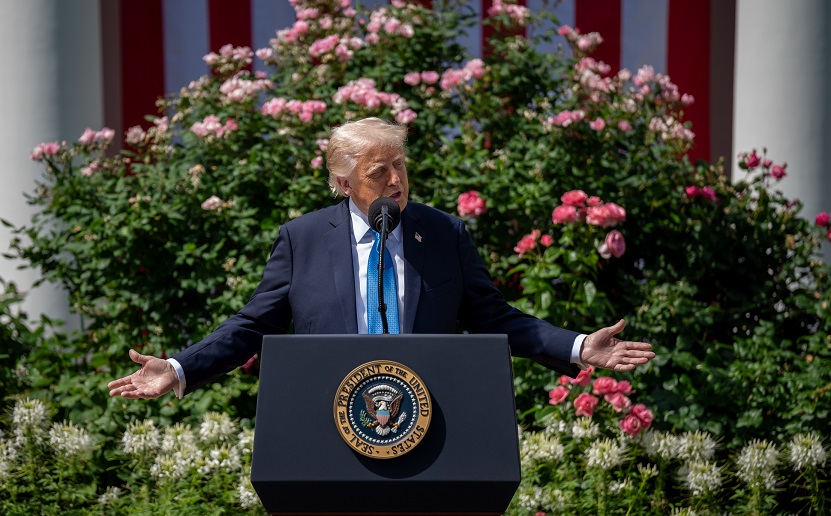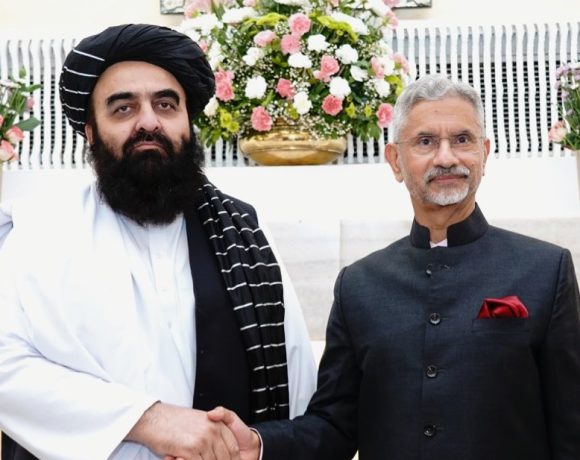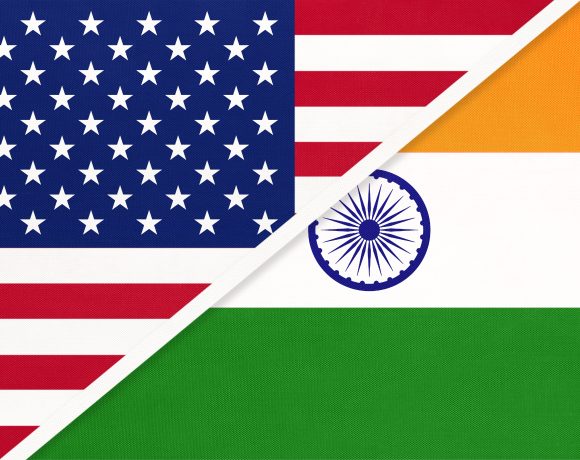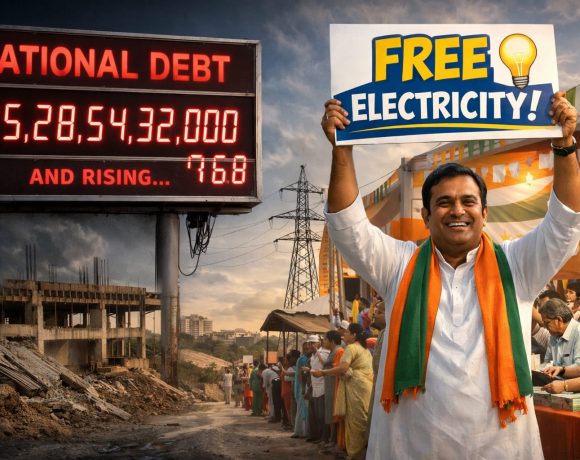
Trump Hikes Steel and Aluminum Tariffs to 50%
In a move set to intensify global trade tensions, former U.S. President Donald Trump has announced a sharp increase in tariffs on imported steel and aluminum, raising them from 25% to 50%. The decision, part of his renewed push to revive U.S. manufacturing and protect domestic industries, has already triggered alarm across major trading partners and global markets.
The tariff hike will come into effect from June 4, 2025. Trump claimed that the action was necessary to counteract the continued dumping of low-cost metals by foreign nations, which he said undermines U.S. national security and industrial capacity. The policy applies to all countries except the United Kingdom, which secured an exemption through a bilateral trade agreement.
While some domestic producers welcomed the move, others warned it could have unintended consequences. American manufacturing industries reliant on imported metals, such as automotive, construction, and packaging sectors, are expected to see input costs rise. This could lead to a cascading effect on product prices and consumer spending, reigniting inflationary pressures that the U.S. economy had just begun to ease.
Unions offered cautious support. The United Steelworkers union stressed the importance of long-term structural changes and allied cooperation, rather than unilateral actions that could provoke retaliation or disrupt global supply chains. The lack of multilateral coordination in imposing the tariffs was also highlighted as a potential diplomatic risk.
The economic impact of this policy is expected to extend beyond U.S. borders. Several nations that rely heavily on metal exports to the U.S., including Canada, Mexico, and members of the European Union, have criticized the tariff escalation as protectionist and counterproductive. With global GDP growth projections already subdued at 2.9% for 2025, economists warn that a trade war triggered by retaliatory tariffs could further dampen recovery prospects.
The announcement has also cast a shadow over ongoing trade negotiations and damaged perceptions of the U.S. as a reliable economic partner. Analysts believe the policy may appeal to Trump’s domestic base ahead of the election season, but at the cost of strategic international relationships and global trade stability.
As the tariffs take effect, global industries, investors, and governments will be watching closely for signs of retaliation, inflationary ripple effects, and a possible downward shift in global economic momentum.


















